
Have you ever wondered about the variety of cooking oils available and their unique benefits? From the familiar olive oil to the exotic avocado oil, each type brings its own flavor, health benefits, and cooking properties to the table. Whether you’re frying, baking, or drizzling over a salad, the right oil can make all the difference. Dive into this list of 14 commonly used cooking oils and discover how each one can elevate your culinary creations. Ready to explore the world of oils and find your new kitchen staple? Let’s get started!
1
of 14
Grape Seed Oil
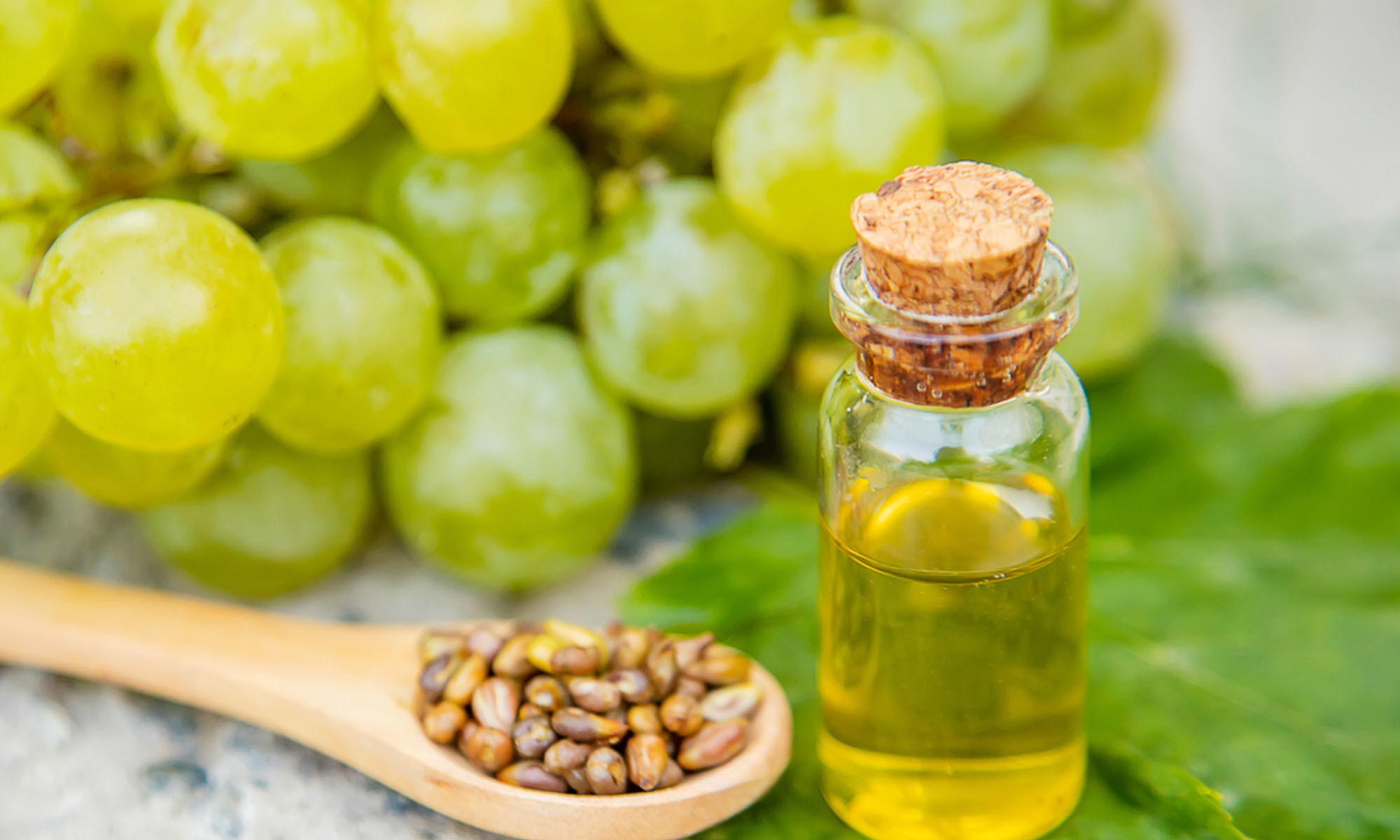
Grapeseed oil is a versatile cooking oil extracted from grape seeds. With a high smoke point, it’s perfect for frying and sautéing. Its neutral flavor makes it ideal for salad dressings and marinades too. Check out our facts article on grapeseed oil to explore its culinary uses and health benefits.
Read More About Grape Seed Oil: 18 Facts About Grape Seed Oil
2
of 14
Macadamia Oil
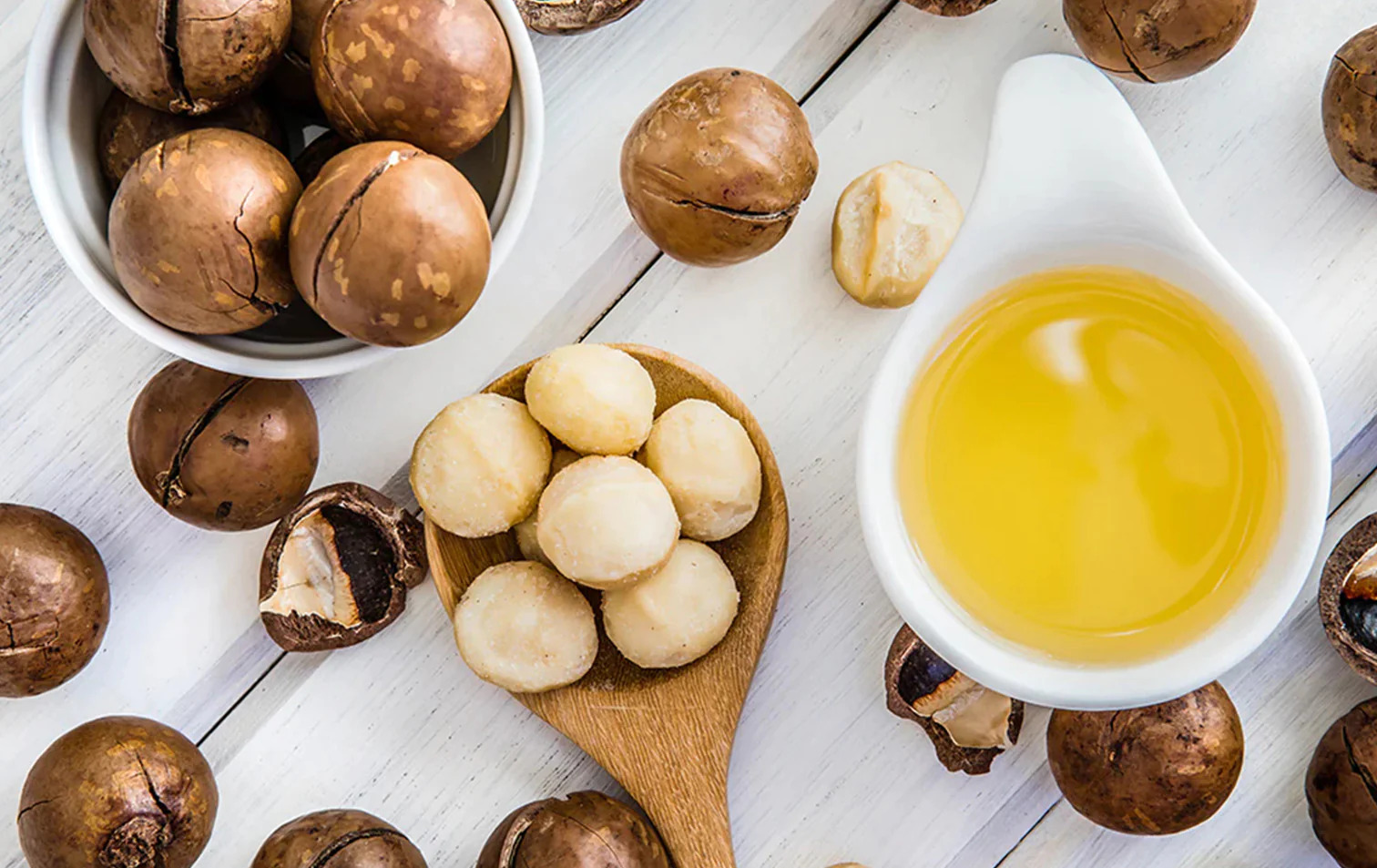
Macadamia oil, extracted from the nuts of the macadamia tree, is a flavorful and versatile culinary oil. With its high smoke point and delicate nutty taste, it’s ideal for sautéing, frying, and baking. Rich in monounsaturated fats and antioxidants, macadamia oil offers various health benefits, including heart health and skin nourishment. Discover more about the uses, benefits, and culinary applications of macadamia oil in our informative article!
Read More About Macadamia Oil: 15 Facts About Macadamia Oil
3
of 14
Olive Oil
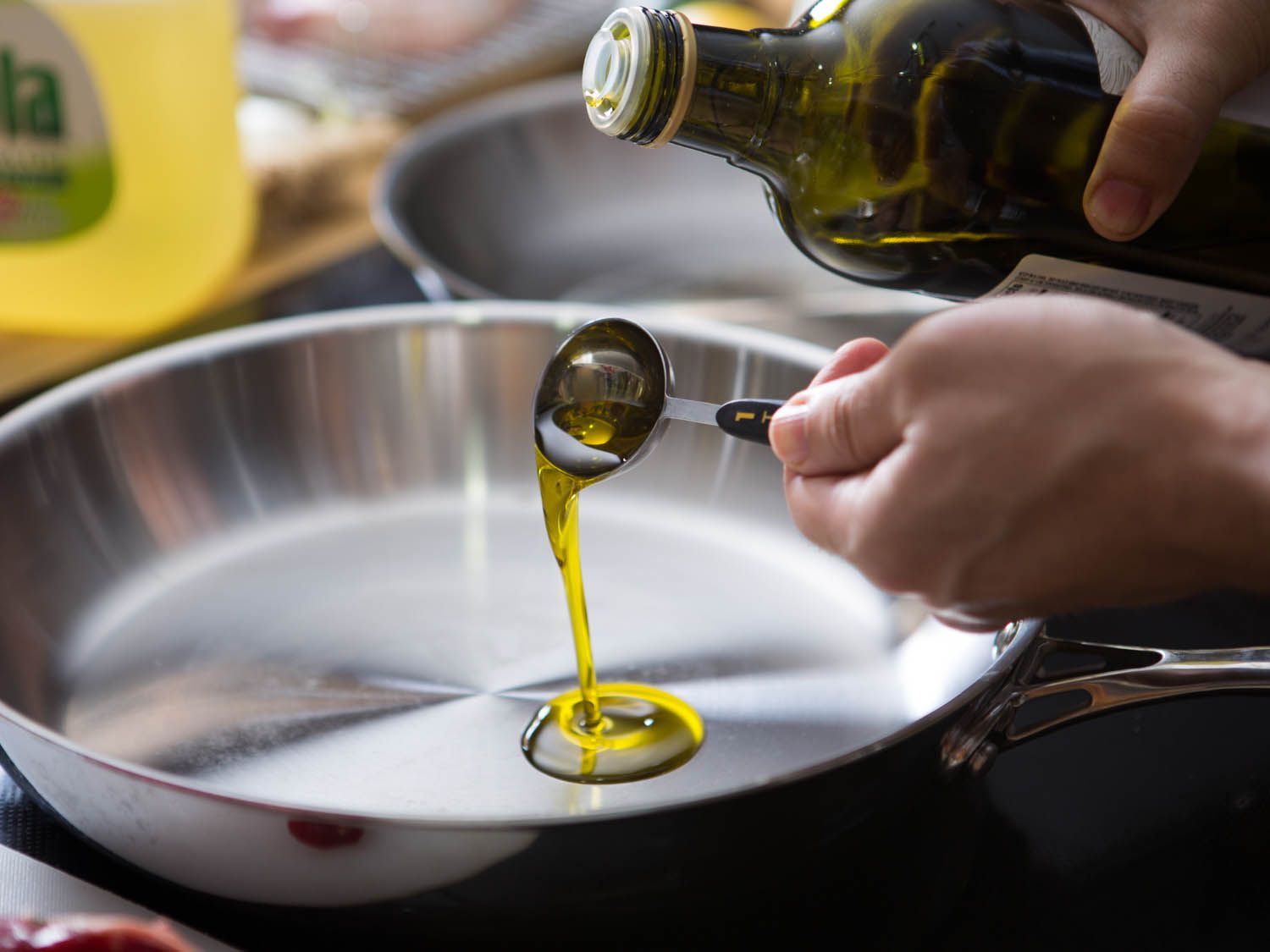
Olive oil, a staple in Mediterranean cuisine, offers a rich tapestry of flavors and health benefits. Derived from the fruit of the olive tree, this golden elixir is brimming with monounsaturated fats, antioxidants, and vitamins. Perfect for drizzling over salads, sautéing vegetables, or even baking, its versatility is unmatched. Whether you opt for extra virgin, virgin, or refined, each type brings unique qualities to the table. Dive into the world of olive oil, and you’ll find yourself savoring not just its taste but also its storied history and cultural significance. Ready to add some zest to your cooking?
Read More About Olive Oil: 17 Facts About Olive Oil
4
of 14
Canola Oil

Canola oil, derived from the seeds of the canola plant, boasts a mild flavor and high smoke point, making it a versatile cooking staple. Rich in monounsaturated fats, it promotes heart health by helping to lower bad cholesterol. Its light texture works well in sautéing, frying, baking, and even salad dressings. Packed with omega-3 fatty acids, canola oil also offers anti-inflammatory benefits. It’s a go-to for those who seek a healthier alternative without compromising on taste. Whether you’re whipping up a quick stir-fry or baking a batch of muffins, this oil is a trusty kitchen companion.
Read More About Canola Oil: 13 Facts About Canola Oil
5
of 14
Vegetable Oil
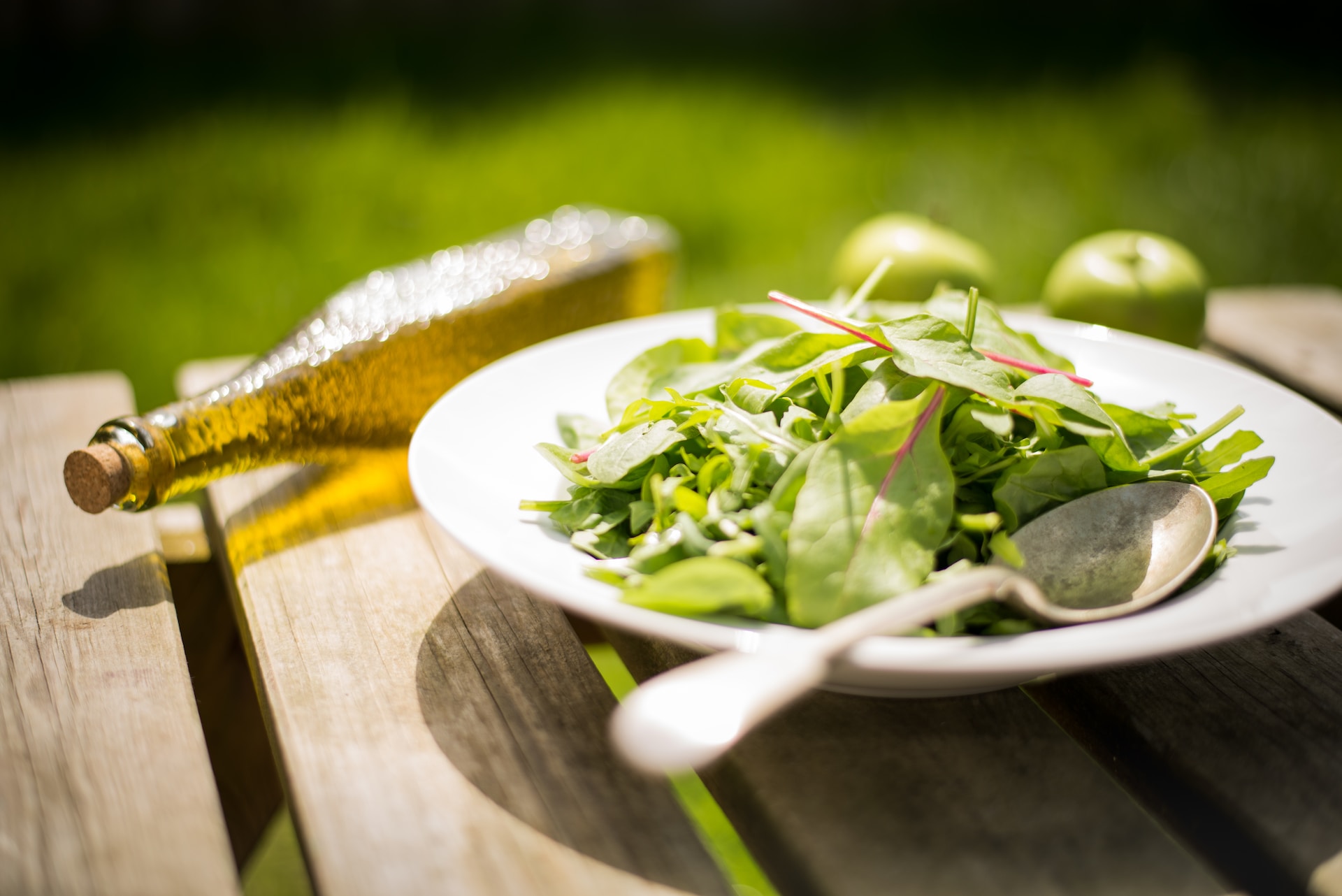
Vegetable oil, a staple in kitchens worldwide, boasts a fascinating journey from plant to bottle. Extracted from seeds or fruits, this versatile oil is a key player in frying, baking, and sautéing. Known for its neutral flavor, it enhances dishes without overpowering them. Its high smoke point means it’s perfect for high-heat cooking, ensuring crispy, delicious results. Plus, vegetable oil’s heart-healthy unsaturated fats make it a better choice for those looking to maintain a balanced diet. Dive into the world of vegetable oil and discover its many culinary and nutritional benefits!
Read More About Vegetable Oil: 15 Facts About Vegetable Oil
6
of 14
Sunflower Oil

Sunflower oil, derived from the seeds of sunflowers, holds a cherished spot in many kitchens. Known for its light taste and high smoke point, it’s perfect for frying, baking, and sautéing. The oil’s versatility extends beyond cooking; it’s used in cosmetics and skincare too. Rich in vitamin E and low in saturated fats, sunflower oil offers potential health benefits, making it a popular choice among health-conscious individuals. Its neutral flavor won’t overpower dishes, making it a go-to for various culinary creations. With its multiple uses and benefits, sunflower oil truly shines in any pantry.
Read More About Sunflower Oil: 13 Facts About Sunflower Oil
7
of 14
Coconut Oil
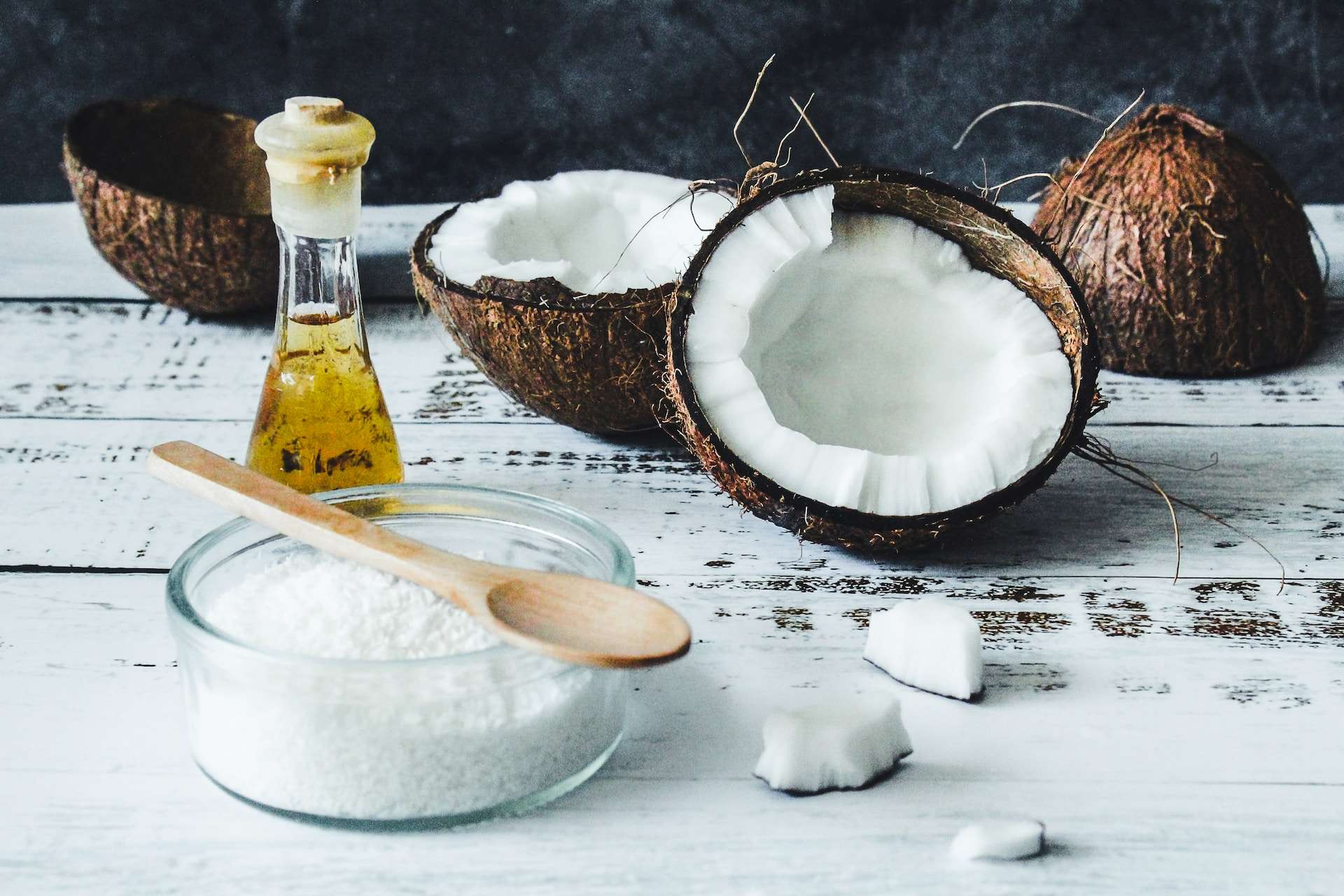
Coconut oil, a versatile and popular cooking oil, boasts both culinary and health benefits. Extracted from mature coconuts, it’s prized for its rich flavor and high smoke point, making it suitable for frying, baking, and sautéing. Not just a kitchen staple, coconut oil is also renowned for its potential health perks, including antimicrobial properties and medium-chain fatty acids that may support weight management and heart health. Many folks use it outside the kitchen too, for skincare and haircare routines. From tropical dishes to beauty hacks, coconut oil proves itself a handy addition to any household.
Read More About Coconut Oil: 12 Facts About Coconut Oil
8
of 14
Avocado Oil
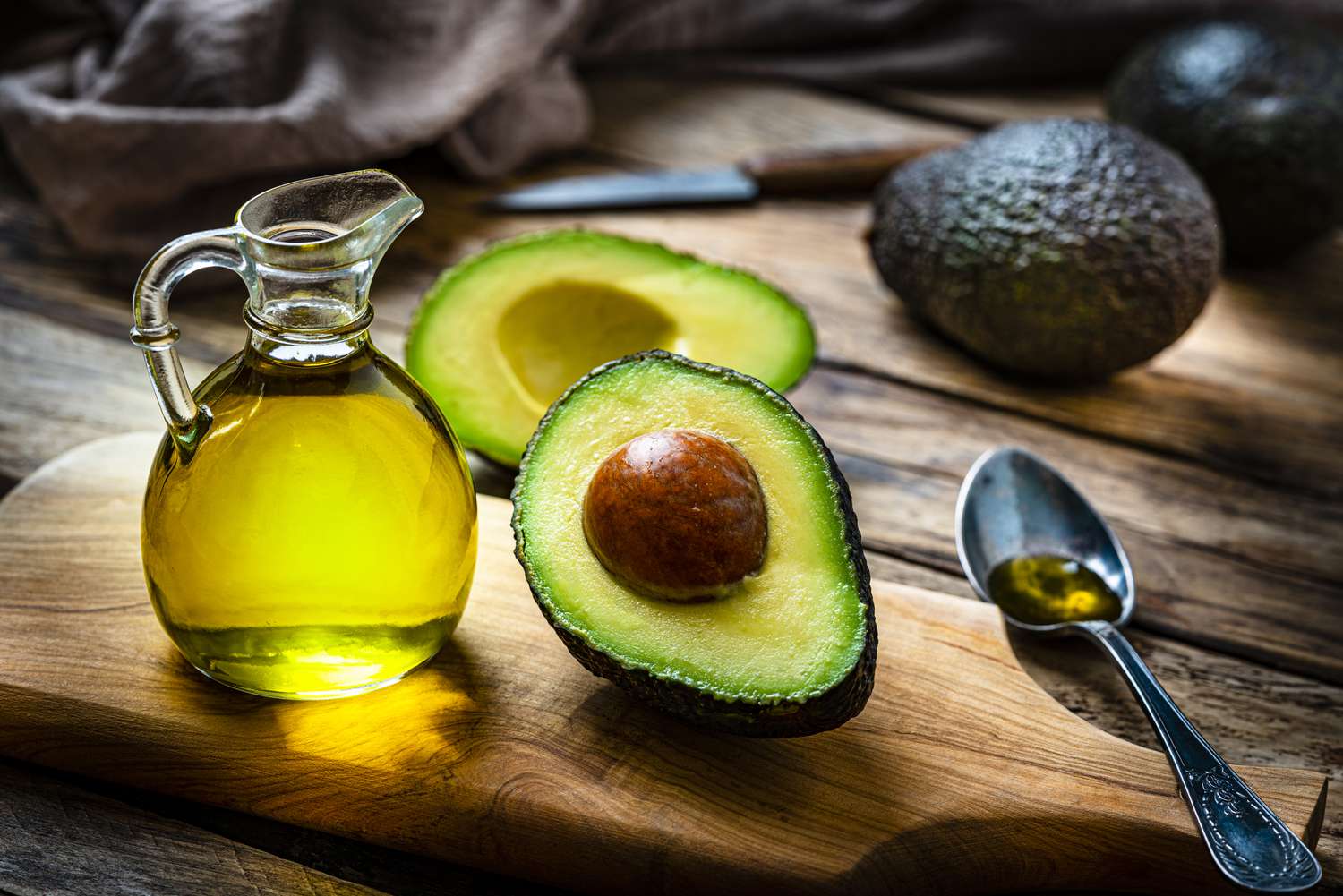
Avocado oil, made from the creamy fruit, isn’t just for guacamole lovers. This versatile oil packs a punch when it comes to cooking and health benefits. With a high smoke point, it’s perfect for frying, grilling, or sautéing without breaking down and losing nutritional value. Rich in monounsaturated fats and vitamin E, avocado oil supports heart health and glowing skin. Its mild, buttery flavor enhances dishes without overpowering them. From salad dressings to marinades, this oil fits seamlessly into various culinary creations. If you’re curious about incorporating it into your kitchen, you’re in for a tasty adventure.
Read More About Avocado Oil: 19 Facts About Avocado Oil
9
of 14
Corn Oil
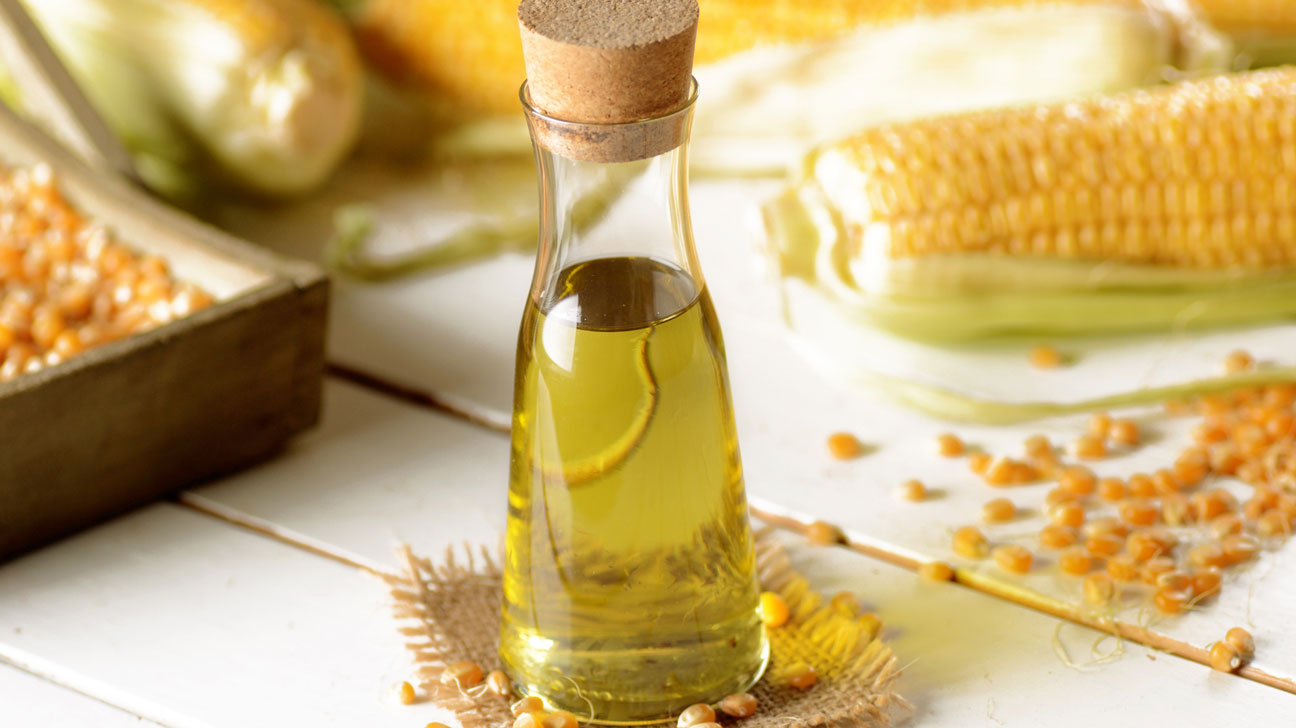
Corn oil, made from the germ of corn kernels, shines in the kitchen, especially for frying. Its high smoke point means it can handle the heat without breaking down, making your food crisp and golden. This versatile oil’s mild flavor won’t overpower dishes, letting your ingredients take center stage. Packed with heart-healthy polyunsaturated fats and vitamin E, it contributes to a balanced diet when used in moderation. Often found in salad dressings, baked goodies, and margarine, corn oil’s smooth texture and subtle taste make it a go-to choice for home cooks and professional chefs alike. Dive in and discover its culinary magic!
Read More About Corn Oil: 15 Facts About Corn Oil
10
of 14
Almond Oil
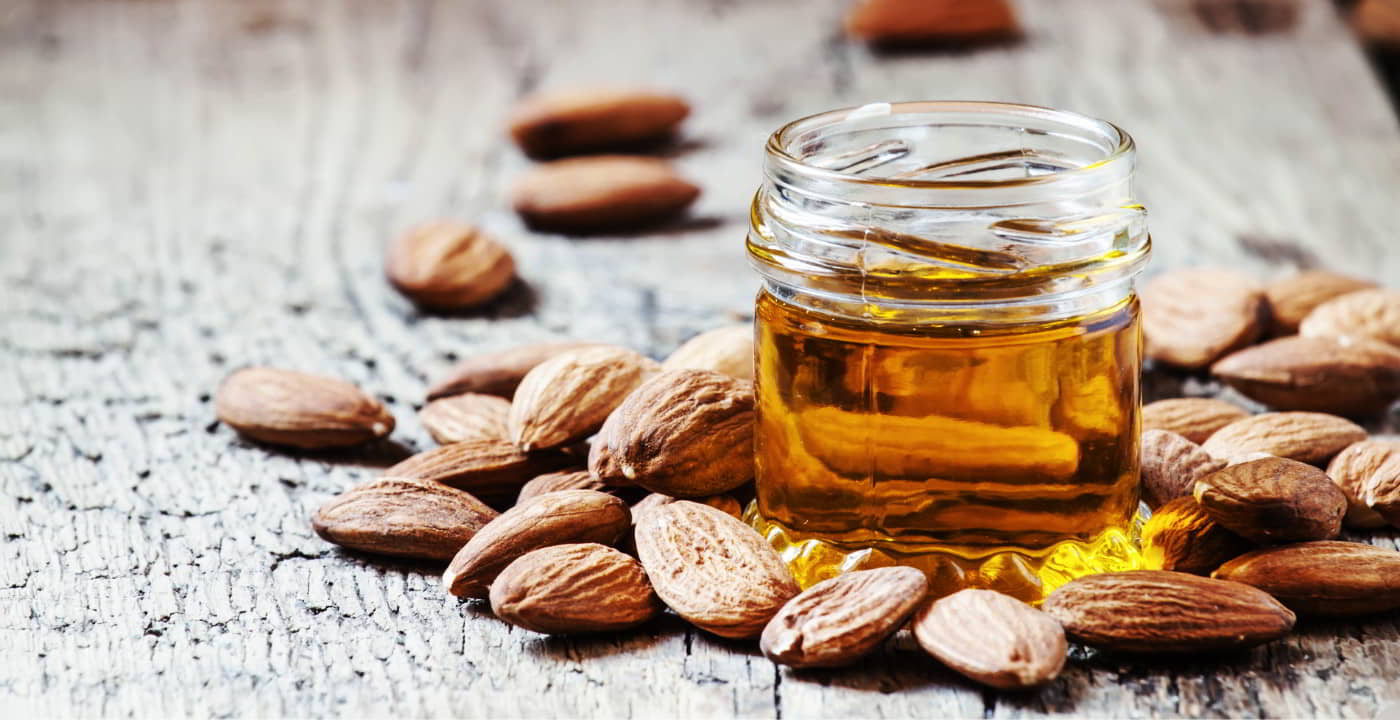
Almond oil, derived from both sweet and bitter almonds, is a versatile gem in the culinary world. Rich in vitamins E and K, it brings a subtle, slightly nutty flavor to dishes while offering numerous health benefits. Often used for sautéing or as a salad dressing, almond oil also boasts moisturizing properties, making it a popular ingredient in skincare products. Its high smoke point makes it ideal for various cooking techniques, and its delicate taste can enhance both savory and sweet recipes. Get ready to add this nutrient-packed oil to your kitchen arsenal for a delicious and healthful twist.
Read More About Almond Oil: 20 Facts About Almond Oil
11
of 14
Flaxseed Oil
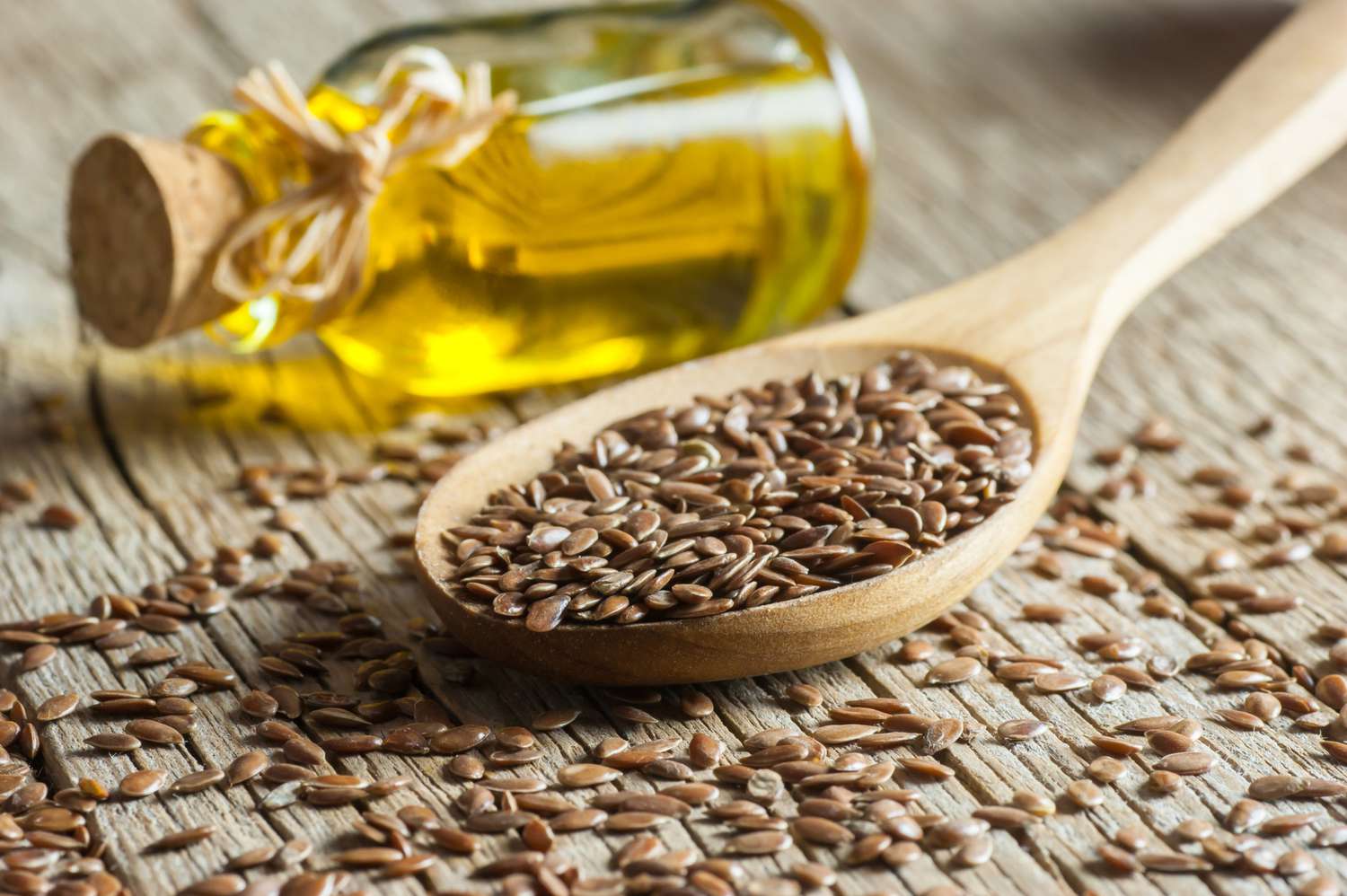
Flaxseed oil, derived from the seeds of the flax plant, packs a punch in the kitchen and wellness world. This golden oil, rich in omega-3 fatty acids, offers a nutty flavor perfect for drizzling over salads or adding to smoothies. Renowned for its potential health benefits, it’s believed to support heart health and reduce inflammation. While it should not be used for high-heat cooking due to its low smoke point, flaxseed oil shines in cold dishes. Its versatility extends beyond the kitchen, often found in skincare products for its nourishing qualities. Flaxseed oil is a true multitasker!
Read More About Flaxseed Oil: 14 Facts About Flaxseed Oil
12
of 14
Palm Oil

Palm oil stands out as one of the most versatile and widely used cooking oils. Found in countless products, from snacks to cosmetics, its impact stretches far beyond the kitchen. Extracted from the fruit of the oil palm tree, this oil’s popularity has skyrocketed due to its efficiency and high yield. However, its production often sparks debates about environmental sustainability and deforestation. Palm oil’s complex role in global trade, economics, and environmental conservation makes it a fascinating topic, revealing much about modern consumption patterns and agricultural practices. Dive deeper to uncover the many layers of palm oil.
Read More About Palm Oil: Palm Oil Facts
13
of 14
Butter
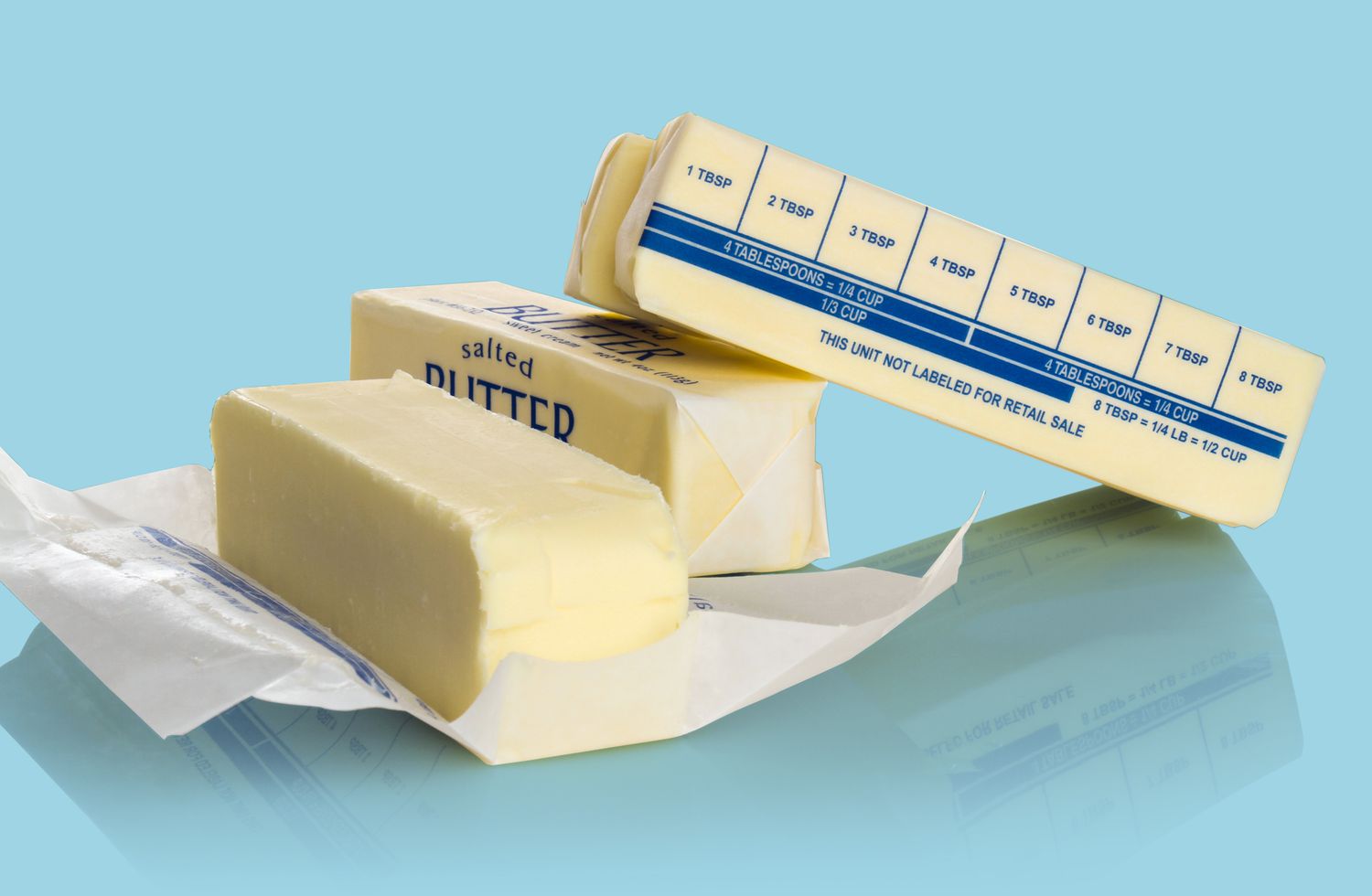
Butter, that creamy delight, brings richness to many dishes. Crafted by churning fresh or fermented cream, it contains milk proteins, butterfat, and water, making it a versatile ingredient. Whether spread on toast, melted over veggies, or used in baking, it adds a luscious flavor like no other. Made from cow’s milk, it can also come from goats, sheep, or buffalo. With a long history, butter has been a kitchen staple for centuries, cherished for its taste and texture. From savory recipes to sweet treats, it’s a key player in the culinary world, enhancing every bite.
Read More About Butter: 13 Facts About Butter
14
of 14
Lard
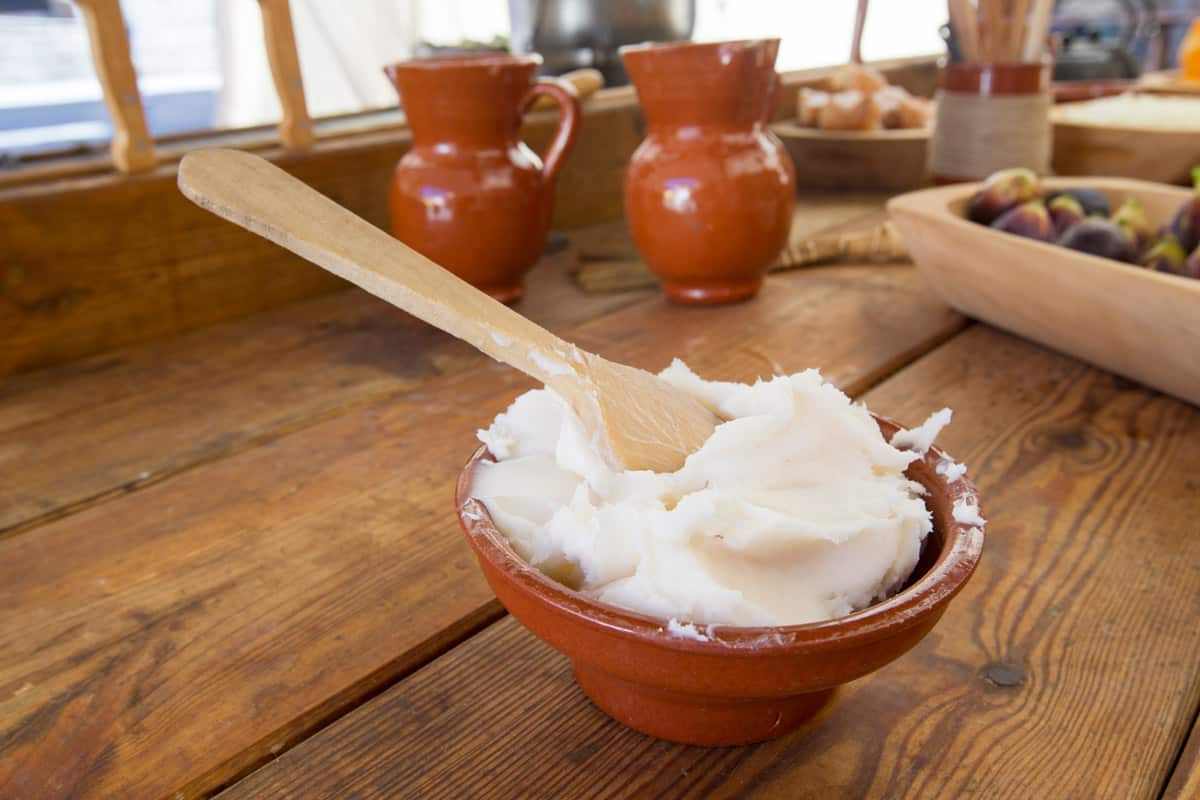
Lard, a traditional cooking fat, has been used for generations because of its rich flavor and versatility. This pork-derived fat is praised for its high smoke point, making it ideal for frying or baking. Despite its reputation, lard contains monounsaturated fats, which can support heart health when used in moderation. It also offers vitamins like D, essential for bone health. With fewer additives compared to other processed fats, lard provides a natural alternative for culinary enthusiasts. Its unique properties can transform ordinary dishes into something extraordinary, proving its worth in kitchens around the globe.
Read More About Lard: 20 Lard Nutritional Facts
Was this page helpful?
Our commitment to delivering trustworthy and engaging content is at the heart of what we do. Each fact on our site is contributed by real users like you, bringing a wealth of diverse insights and information. To ensure the highest standards of accuracy and reliability, our dedicated editors meticulously review each submission. This process guarantees that the facts we share are not only fascinating but also credible. Trust in our commitment to quality and authenticity as you explore and learn with us.
